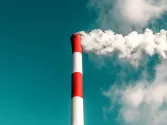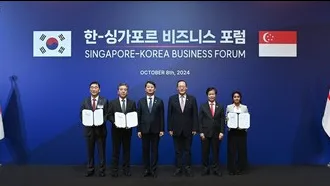
Hyundai Motor and NTU partner to develop alternative energy sources
The company will focus on hydrogen production technologies adoption.
Hyundai Motor Group and the Nanyang Technological University, Singapore (NTU) have partnered to develop alternative energy sources to achieve carbon neutrality.
One of the areas of focus will be the adoption of hydrogen production technologies and businesses in Singapore. This includes Hyundai’s resource-cycle hydrogen production technologies Plastic-to-Hydrogen (P2H) and Waste-to-Hydrogen (W2H) systems.
In the advanced energy system research, the two will develop a system which offers easy installation and high safety levels.
Hyundai Motor Group Innovation Center Singapore also signed with NTU and the Agency for Science, Technology, and Research (A*STAR) to establish a research centre for AI, robotics, and 3D printing innovations.
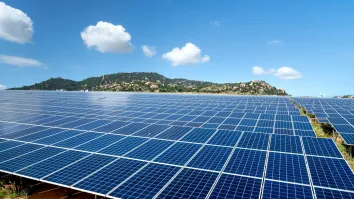
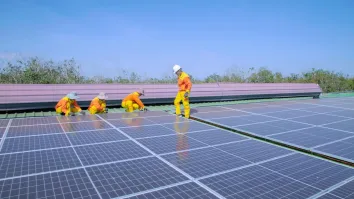
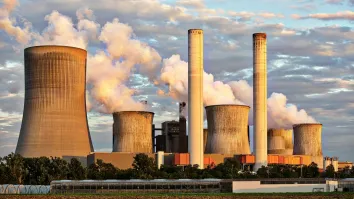
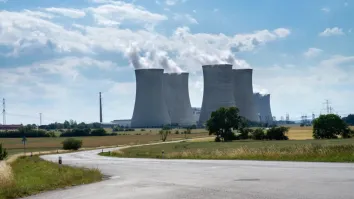













 Advertise
Advertise



